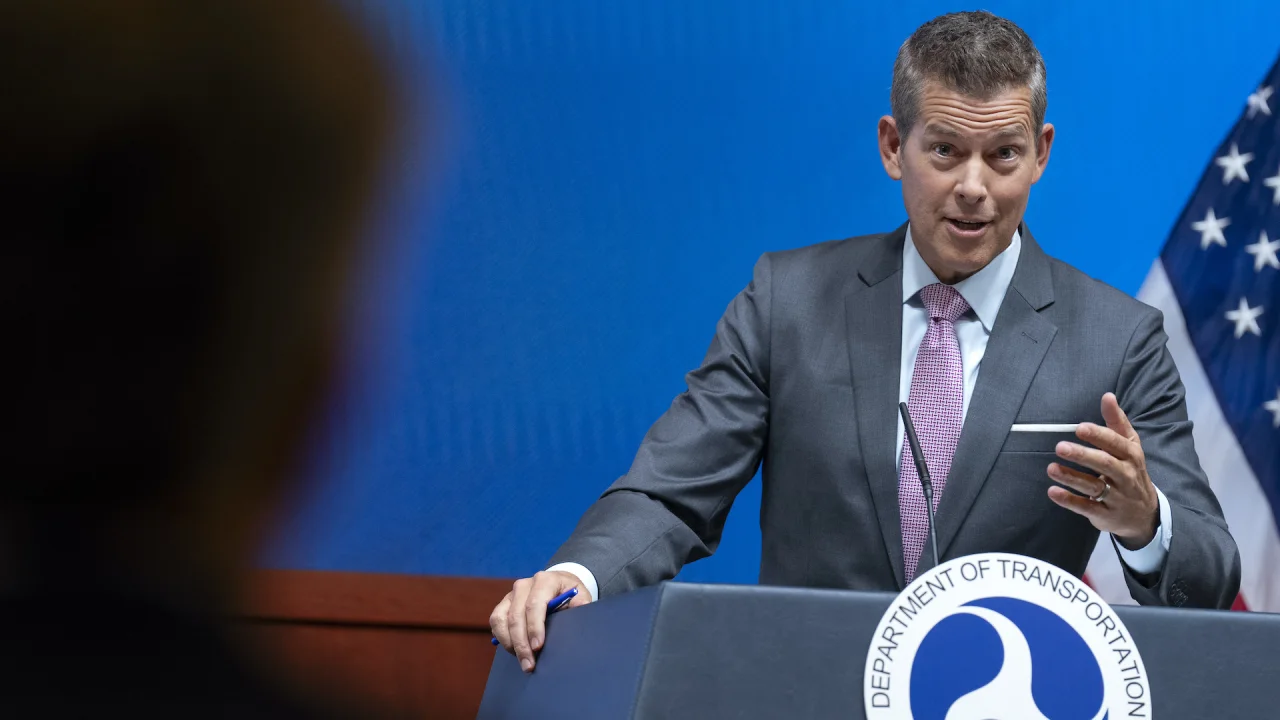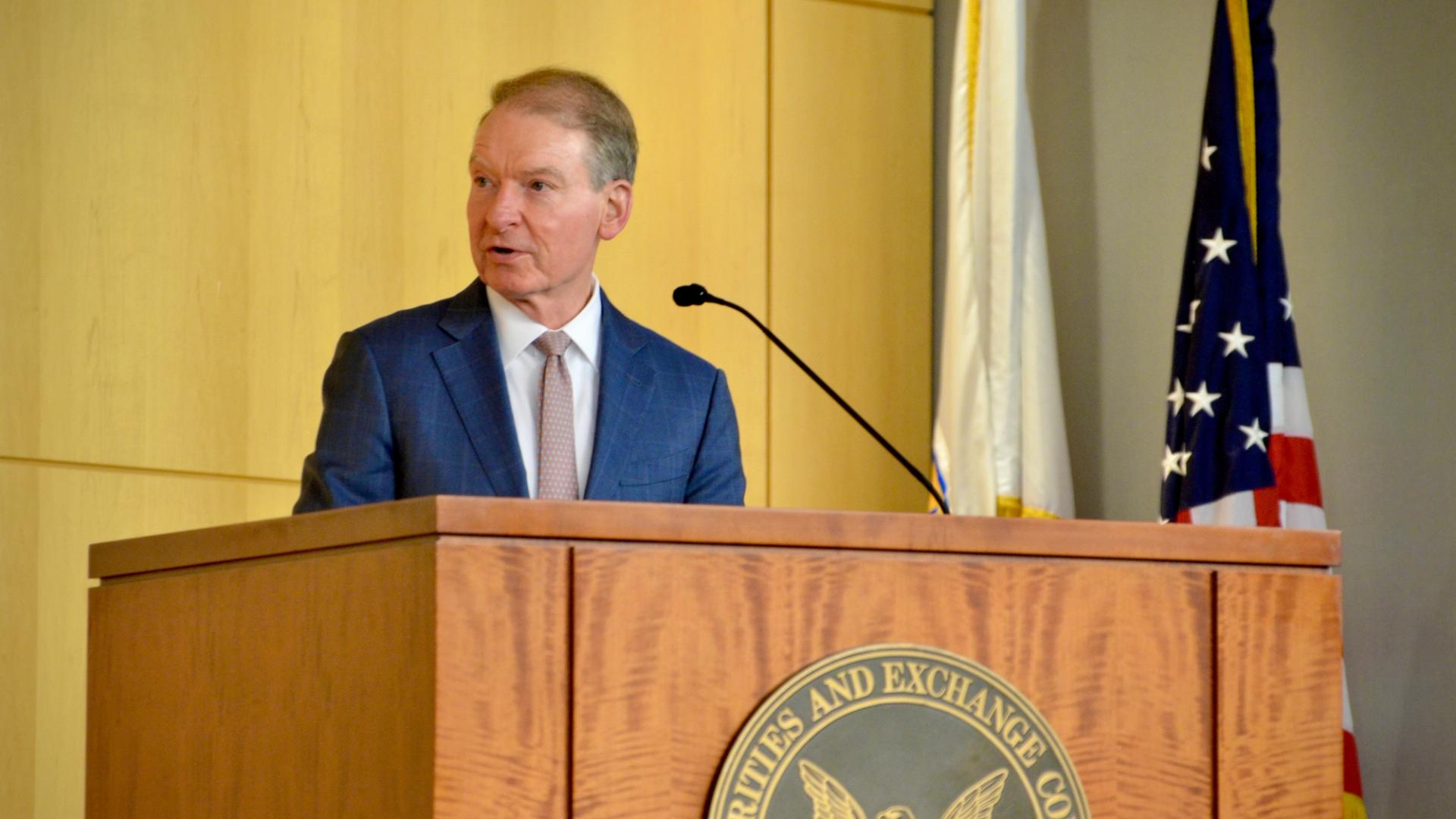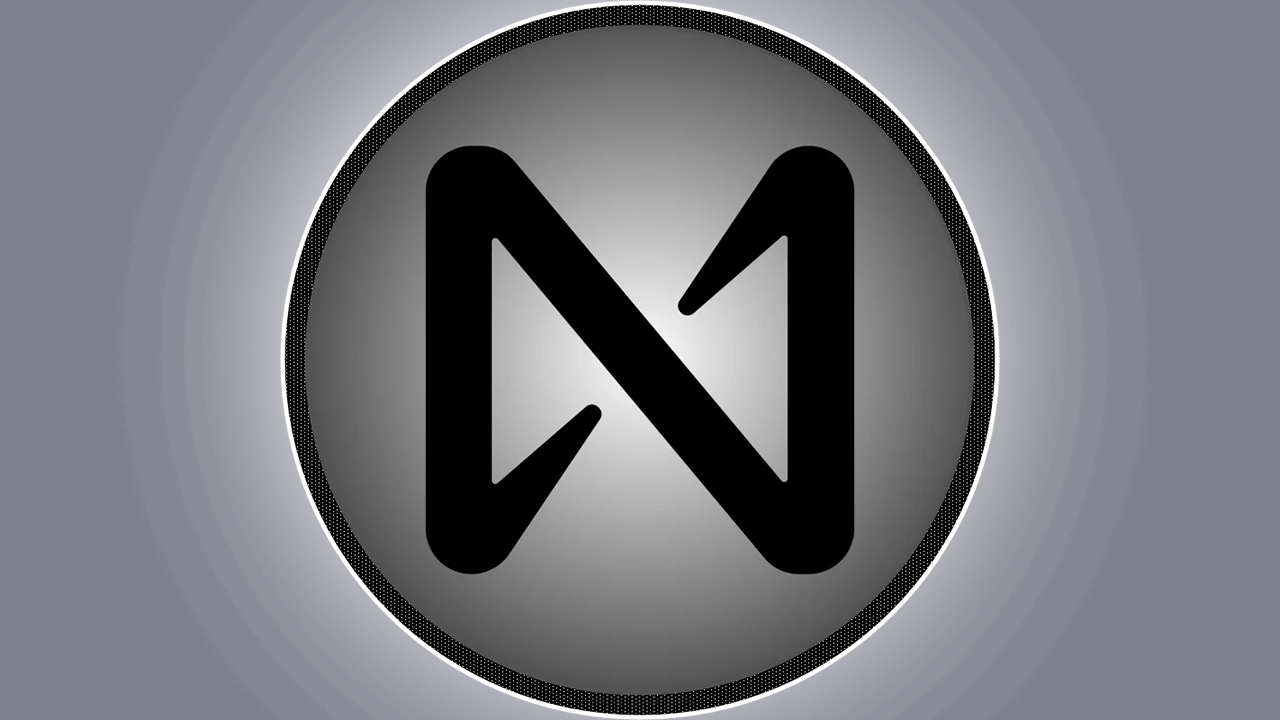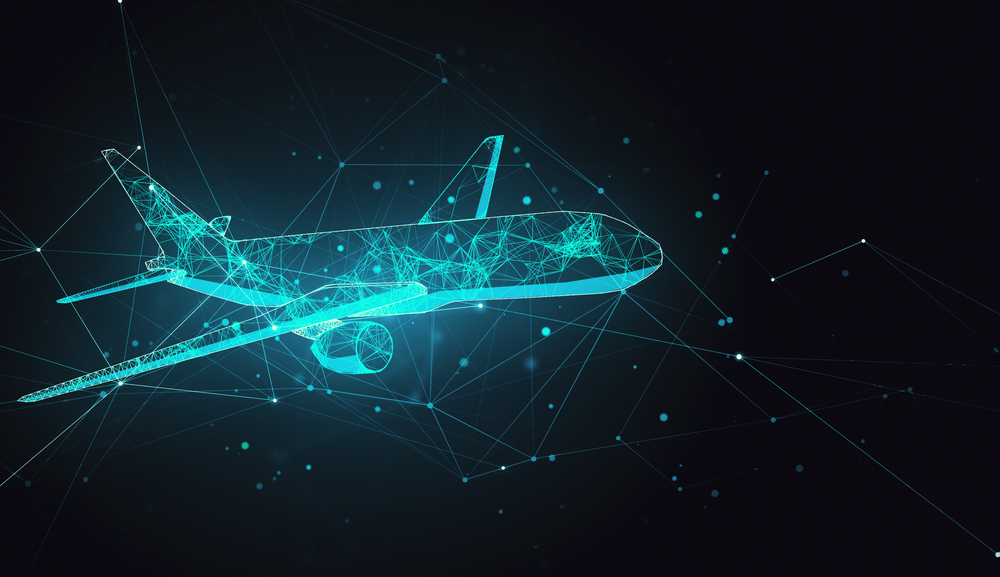Workera Report Highlights Disconnects in Workforce AI Readiness
Workera, an AI skills verification platform, has released its inaugural 2025 State of Skills Intelligence Report, examining the state of AI skills development across large organizations. Based on surveys of learning and development leaders and employees at companies with more than 5,000 workers, the report finds that while leaders believe their companies are ready for AI, employees often disagree. According to the report, companies with formal, documented AI strategies are better positioned to prepare their workforces for AI integration. Organizations with clear objectives are far more likely to report that their employees are prepared to use AI in daily workflows (61% vs 17%), feel confident about becoming fully AI-ready within two years (87% vs 38%), and believe that employees are on track to develop skills beyond the use of basic tools like ChatGPT (81% vs 28%). At the same time, many companies are struggling to connect AI goals with workforce development. While 88% of organizations say they prioritize AI skills when deciding who to promote, only 25% of employees feel those skills are actually being prioritized. Similarly, 57% of employees report poor leadership communication about AI strategies, and only 10% rate that communication as very effective. The effectiveness of training programs is another area where perspectives differ. Only 32% of learning and development leaders believe their training efforts are very effective in addressing skills gaps, compared to just 11% of employees. Although 63% of leaders believe their organizations will be fully AI-ready within two years, only 22% of employees share that optimistic view. The study also found that while 51% of leaders report having a fully defined AI adoption strategy, only 25% of employees have been offered AI training within the past year. These findings highlight a gap between aspiration and execution that could undermine these widespread AI transformation efforts. Despite these challenges, AI adoption across the surveyed organizations is nearly universal. According to the report, 99% of companies surveyed are using AI in some capacity. Hiring practices are also evolving, with 84% of companies now prioritizing verified AI skills over traditional academic degrees. Rather than reducing the workforce, 80% of learning and development leaders anticipate that AI will drive overall employee headcount growth. The United States leads in rapid AI training, with 44% of new hires receiving full AI skills training within their first 90 days. Workera CEO and founder Kian Katanforoosh emphasized the importance of aligning AI strategy with workforce development: "Organizations are racing to adopt AI, but they are failing to bring their workforce along on the journey, which not only explains the disconnect but the biggest fundamental challenge in successful AI transformation," he said in a release. "If your AI strategy is not reaching your employees, it's already failing. This data report enables leaders of all industries to make data-driven investment decisions to close the gaps in workforce preparation and setting AI business objectives." The survey gathered responses from 800 workforce development professionals and 800 employees working for large companies in the United States. Surveys were conducted by Sago and Pollfish in February and March 2025. Access the full report here.

Workera, an AI skills verification platform, has released its inaugural 2025 State of Skills Intelligence Report, examining the state of AI skills development across large organizations. Based on surveys of learning and development leaders and employees at companies with more than 5,000 workers, the report finds that while leaders believe their companies are ready for AI, employees often disagree.
According to the report, companies with formal, documented AI strategies are better positioned to prepare their workforces for AI integration. Organizations with clear objectives are far more likely to report that their employees are prepared to use AI in daily workflows (61% vs 17%), feel confident about becoming fully AI-ready within two years (87% vs 38%), and believe that employees are on track to develop skills beyond the use of basic tools like ChatGPT (81% vs 28%).
At the same time, many companies are struggling to connect AI goals with workforce development. While 88% of organizations say they prioritize AI skills when deciding who to promote, only 25% of employees feel those skills are actually being prioritized. Similarly, 57% of employees report poor leadership communication about AI strategies, and only 10% rate that communication as very effective.
The effectiveness of training programs is another area where perspectives differ. Only 32% of learning and development leaders believe their training efforts are very effective in addressing skills gaps, compared to just 11% of employees. Although 63% of leaders believe their organizations will be fully AI-ready within two years, only 22% of employees share that optimistic view.
The study also found that while 51% of leaders report having a fully defined AI adoption strategy, only 25% of employees have been offered AI training within the past year. These findings highlight a gap between aspiration and execution that could undermine these widespread AI transformation efforts.
Despite these challenges, AI adoption across the surveyed organizations is nearly universal. According to the report, 99% of companies surveyed are using AI in some capacity. Hiring practices are also evolving, with 84% of companies now prioritizing verified AI skills over traditional academic degrees. Rather than reducing the workforce, 80% of learning and development leaders anticipate that AI will drive overall employee headcount growth. The United States leads in rapid AI training, with 44% of new hires receiving full AI skills training within their first 90 days.
Workera CEO and founder Kian Katanforoosh emphasized the importance of aligning AI strategy with workforce development: "Organizations are racing to adopt AI, but they are failing to bring their workforce along on the journey, which not only explains the disconnect but the biggest fundamental challenge in successful AI transformation," he said in a release. "If your AI strategy is not reaching your employees, it's already failing. This data report enables leaders of all industries to make data-driven investment decisions to close the gaps in workforce preparation and setting AI business objectives."
The survey gathered responses from 800 workforce development professionals and 800 employees working for large companies in the United States. Surveys were conducted by Sago and Pollfish in February and March 2025. Access the full report here.
















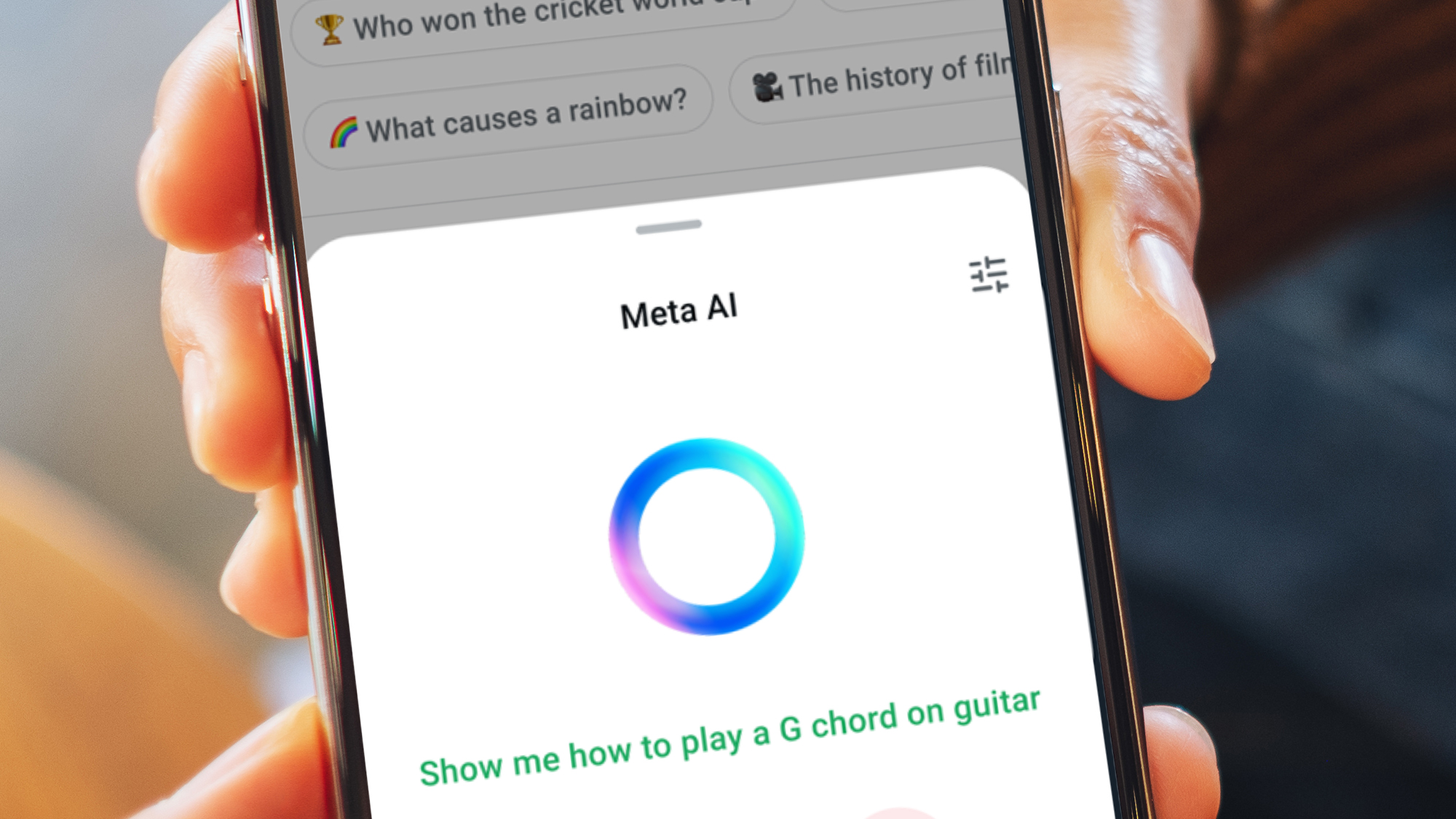

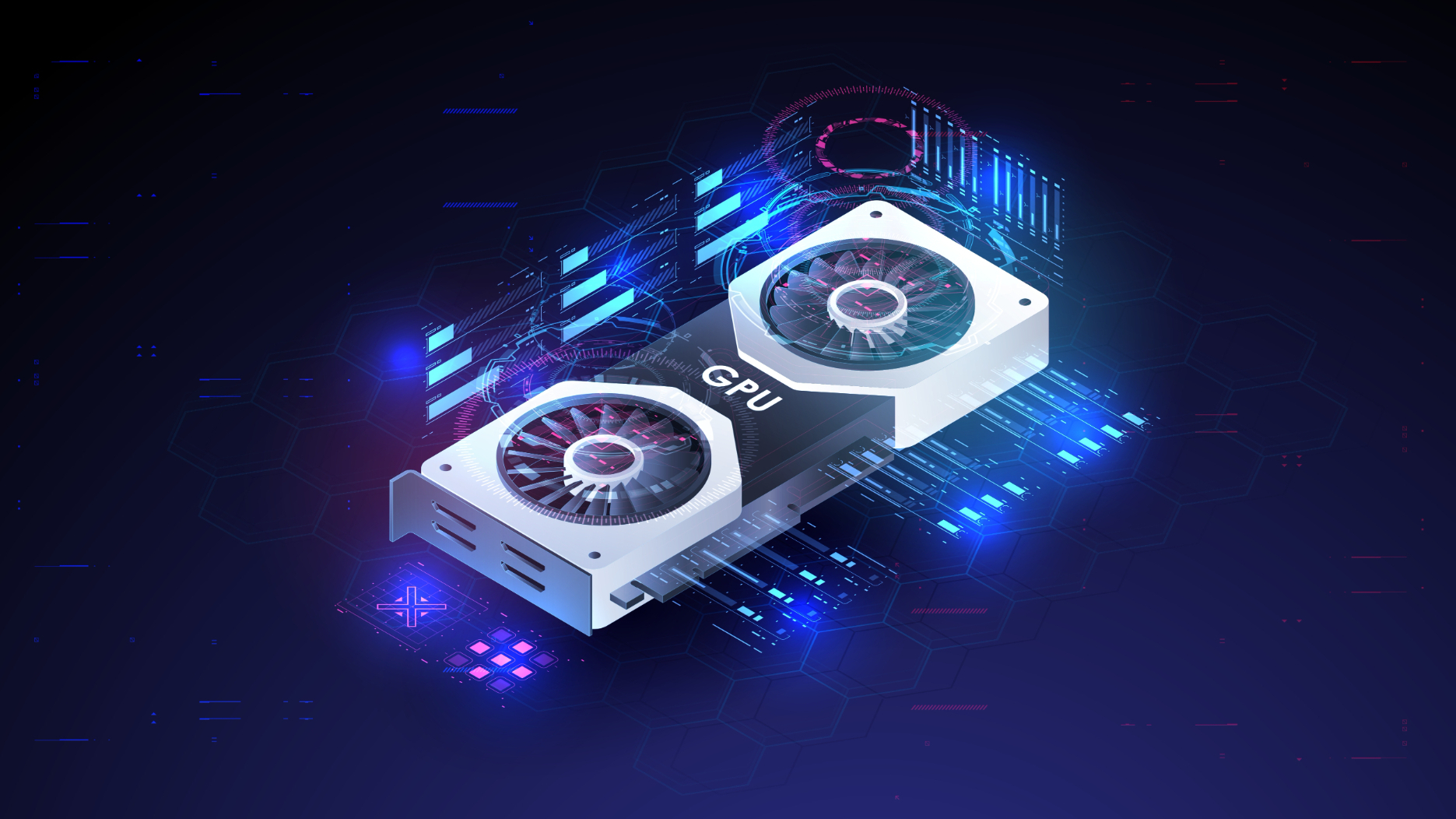



























































































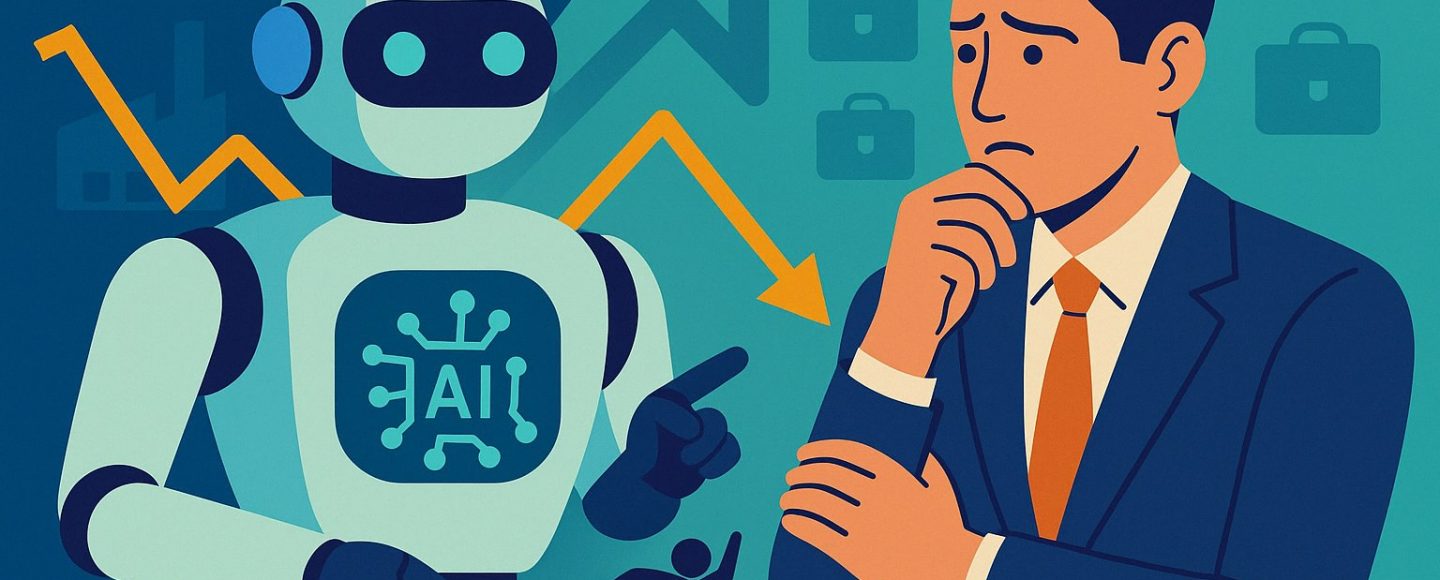






































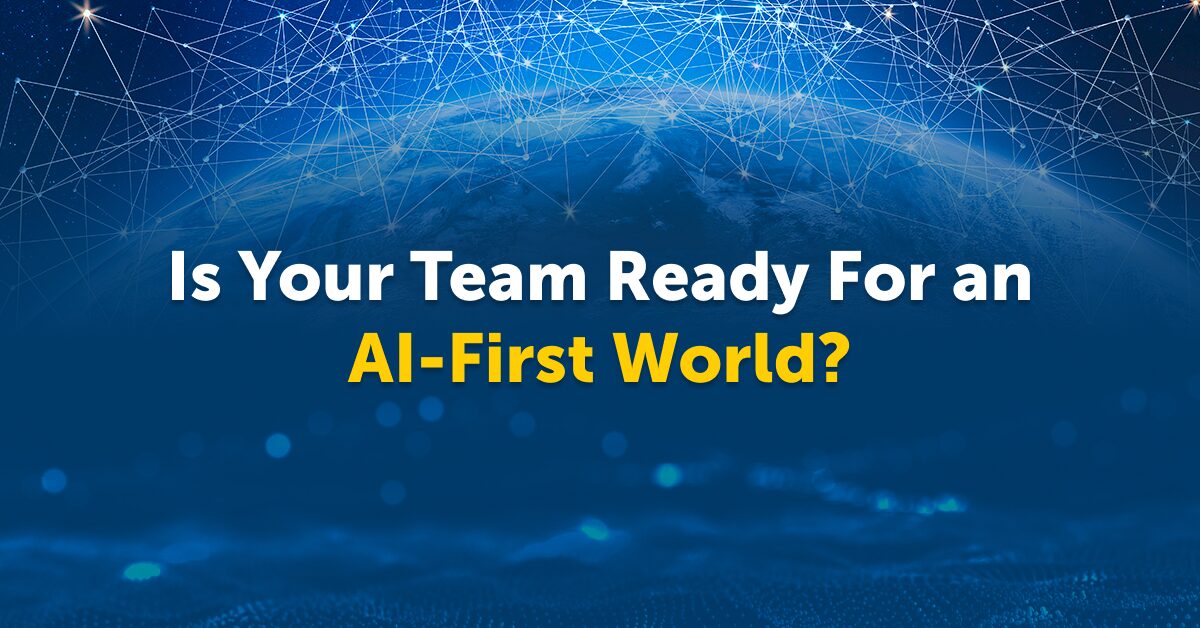




















![[The AI Show Episode 144]: ChatGPT’s New Memory, Shopify CEO’s Leaked “AI First” Memo, Google Cloud Next Releases, o3 and o4-mini Coming Soon & Llama 4’s Rocky Launch](https://www.marketingaiinstitute.com/hubfs/ep%20144%20cover.png)














































































































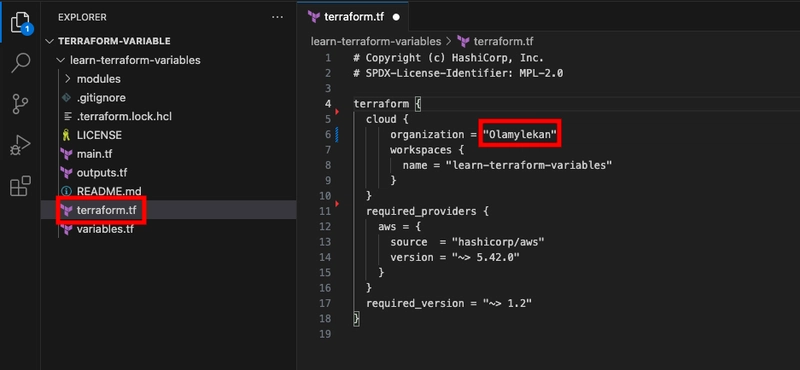

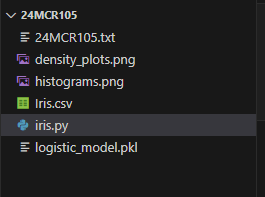
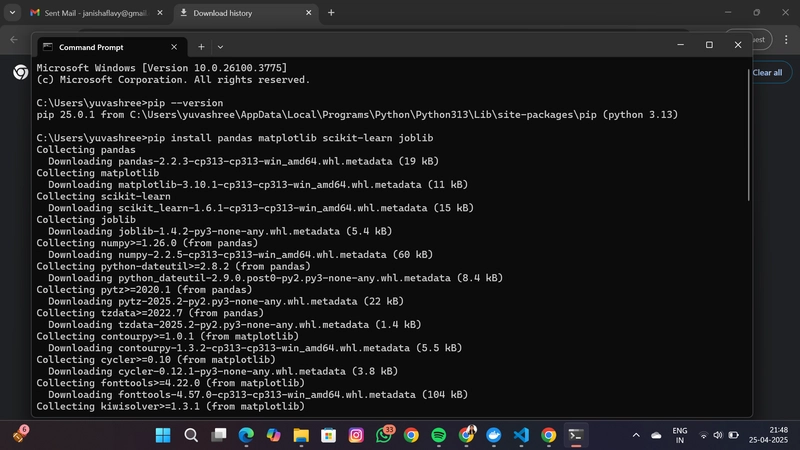
























































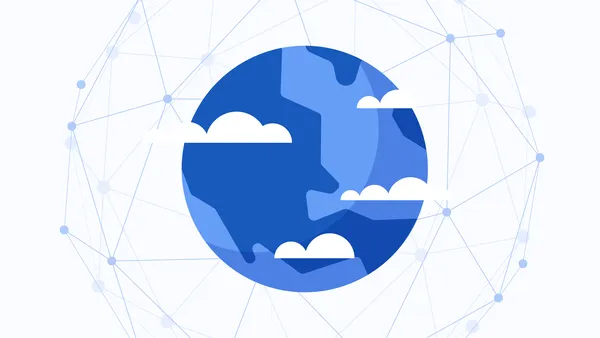








.jpg?width=1920&height=1920&fit=bounds&quality=70&format=jpg&auto=webp#)








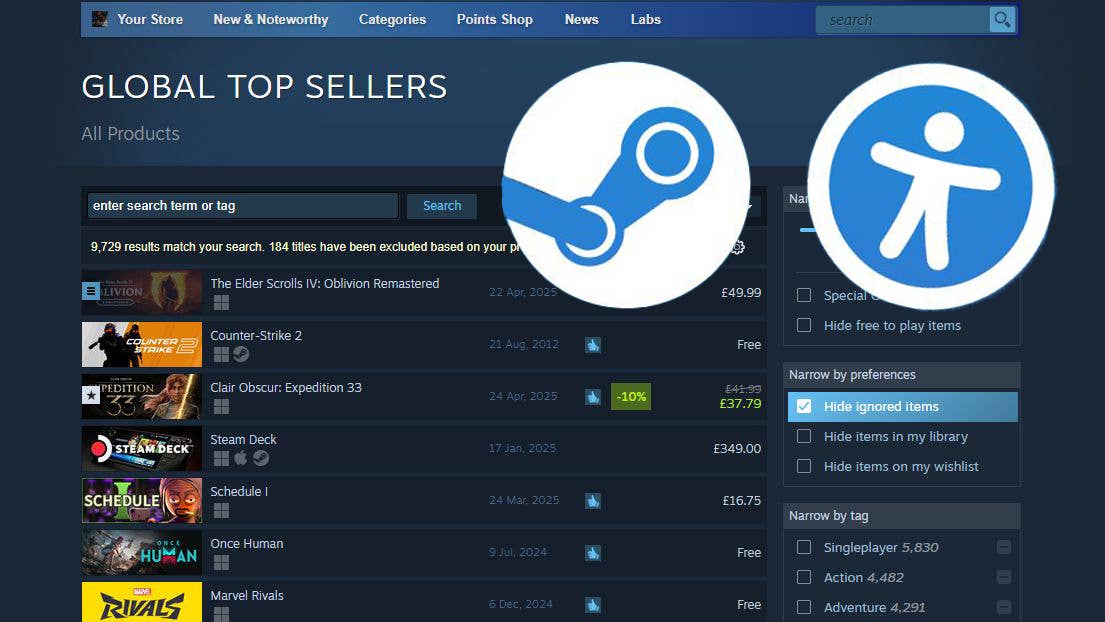






























































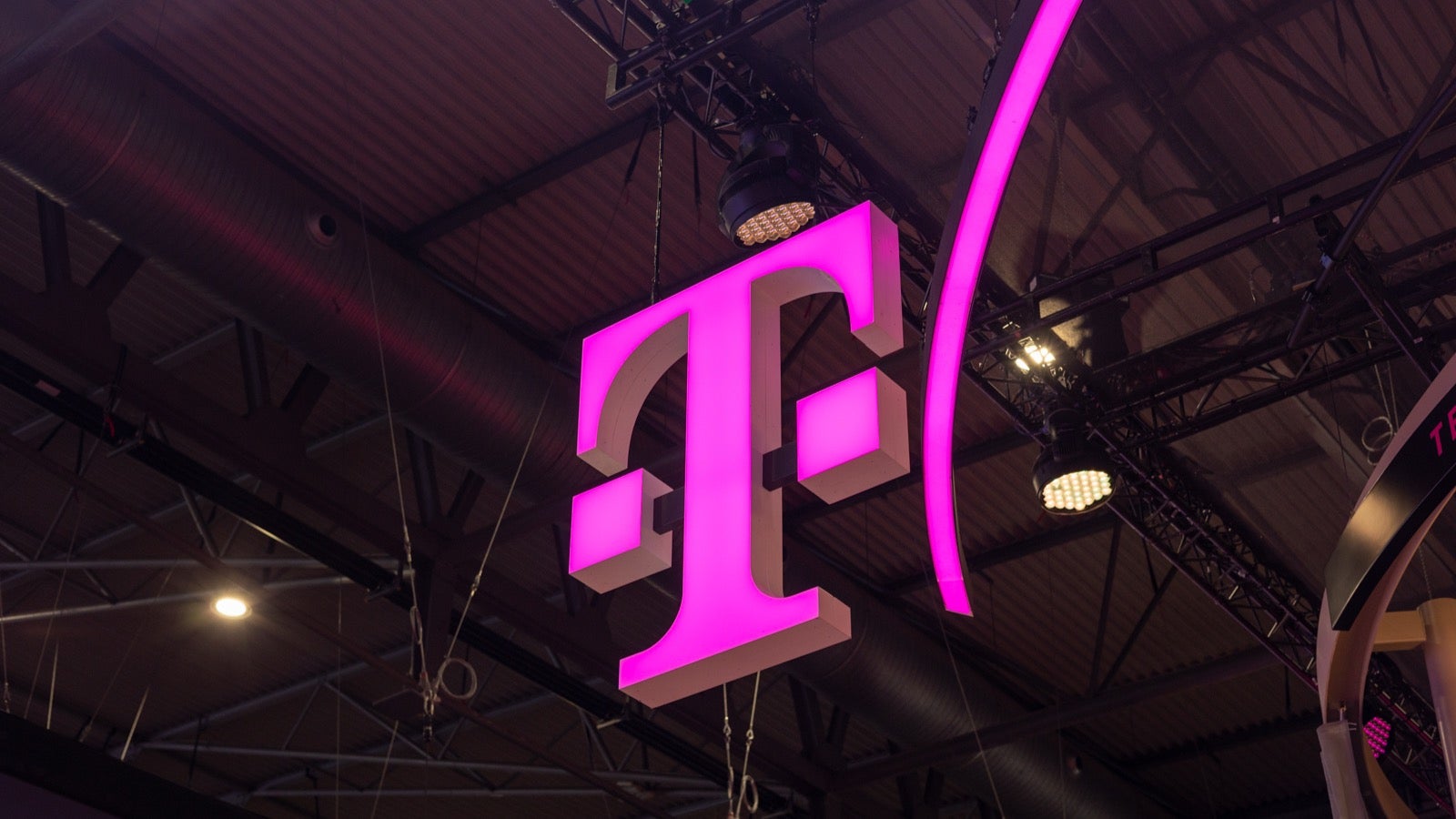














_Olekcii_Mach_Alamy.jpg?width=1280&auto=webp&quality=80&disable=upscale#)
























































































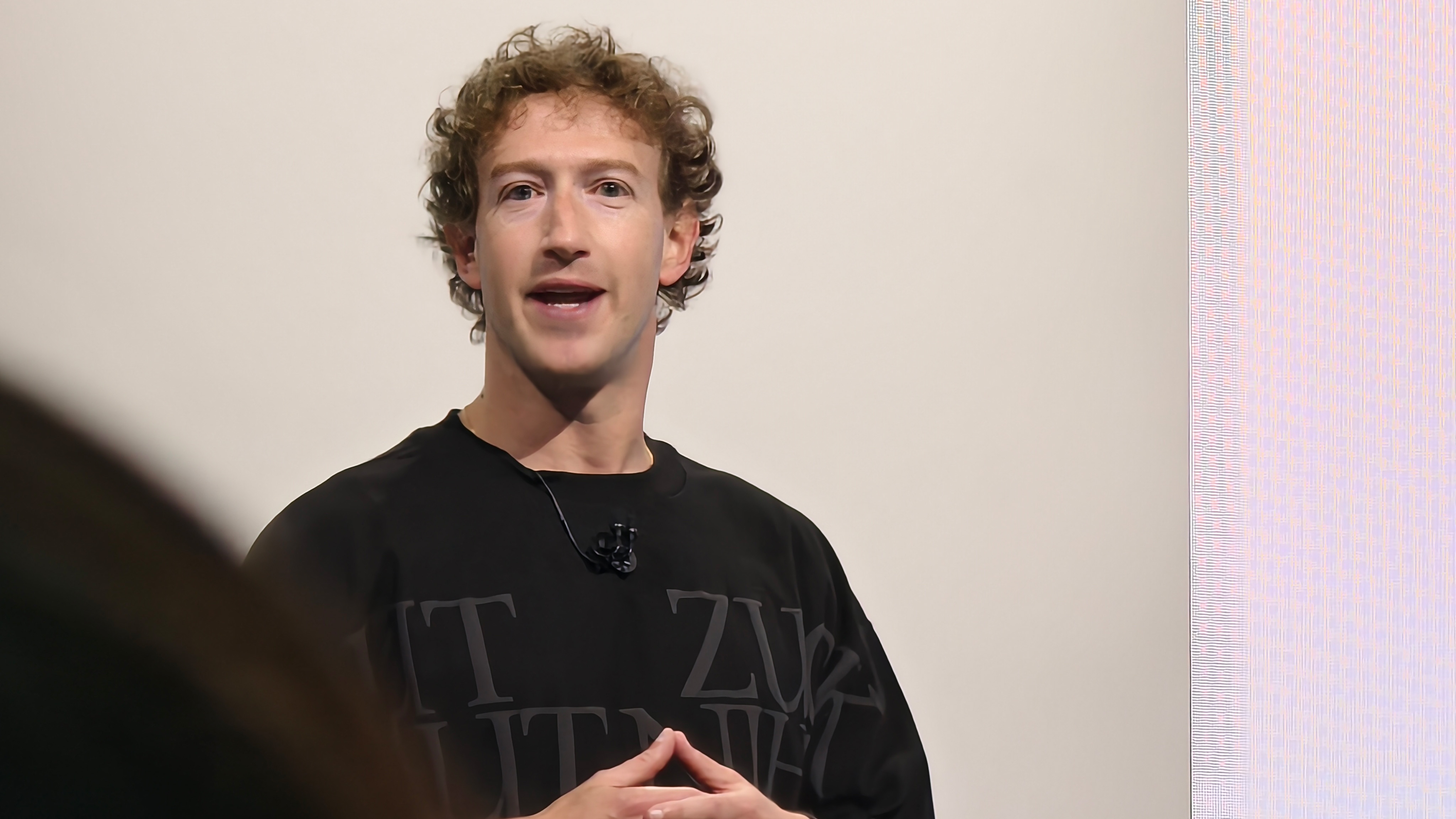
























![Most iPhones Sold in the U.S. Will Be Made in India by 2026 [Report]](https://www.iclarified.com/images/news/97130/97130/97130-640.jpg)
![Apple to Shift Robotics Unit From AI Division to Hardware Engineering [Report]](https://www.iclarified.com/images/news/97128/97128/97128-640.jpg)











































































